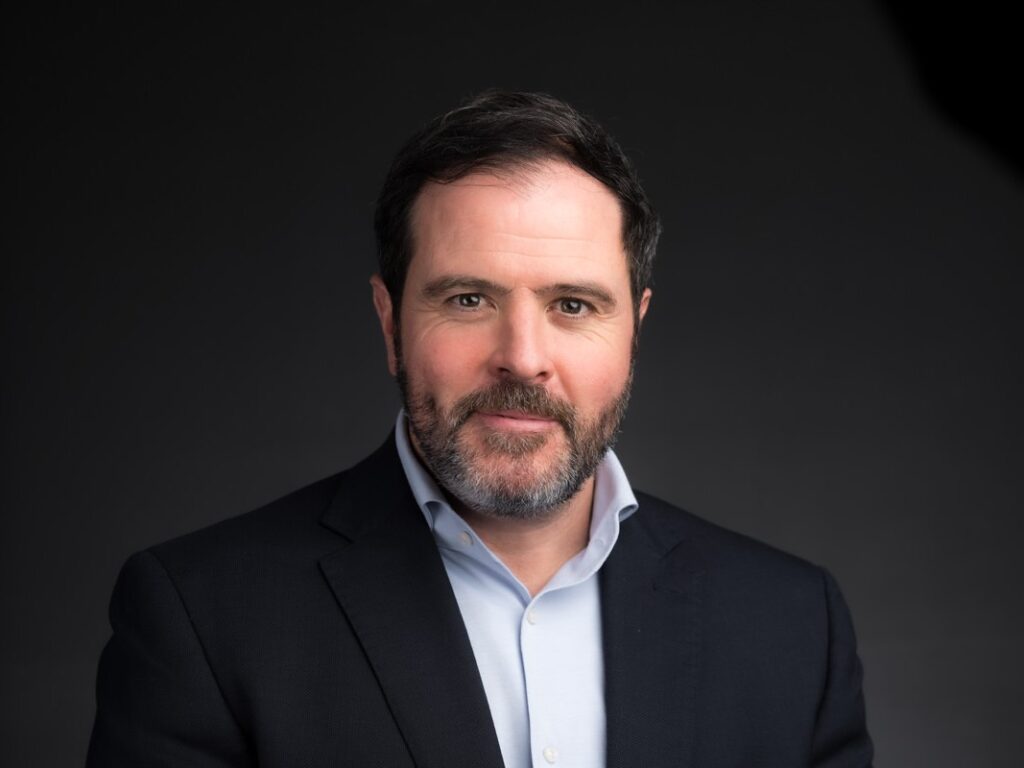Searches for “work bullying” rose sharply in October and November, according to analysis from YuLife.
The company reported that UK Google searches for the term increased by 114% month-on-month, with more than 12,000 searches during the period.
The rise suggests that employees are increasingly concerned about workplace conduct and may be looking for information or support outside formal organisational processes.
Recent research provides wider context for the trend. The 2025 University College London Labour Relations Study found that 14% of UK employees experienced some form of workplace abuse in the past year.
The CIPD’s 2025 Bullying and Conflict at Work report also identified a gap between organisational policy and employee experience: while 81% of HR professionals believe their organisation has effective procedures to address bullying and harassment, only 36% of employees who raised concerns said their issue was fully resolved.
YuLife’s analysis forms part of its ongoing monitoring of workforce wellbeing through public data trends.
The organisation said that search behaviour can reveal emerging workforce sentiment ahead of formal indicators such as turnover, sickness absence or engagement scores.
Aggregated, anonymised search data may therefore help employers identify early signs of anxiety or dissatisfaction among staff, particularly on issues such as bullying, burnout or workplace stress.
YuLife called for a prevention-first approach, embedding wellbeing and psychological safety in organisational structures rather than treating them as separate initiatives.
This approach emphasises clear wellbeing targets, manager training in early identification of risks, and the use of external and internal data sources to inform timely intervention.
Sammy Rubin, CEO and Founder of YuLife, said: “Increases in search interest are not proof of prevalence, but they are valuable indicators of perception and confidence.
“Organisations that combine this type of public data with their own internal metrics can identify risks earlier and act on evidence, not assumption.”
















